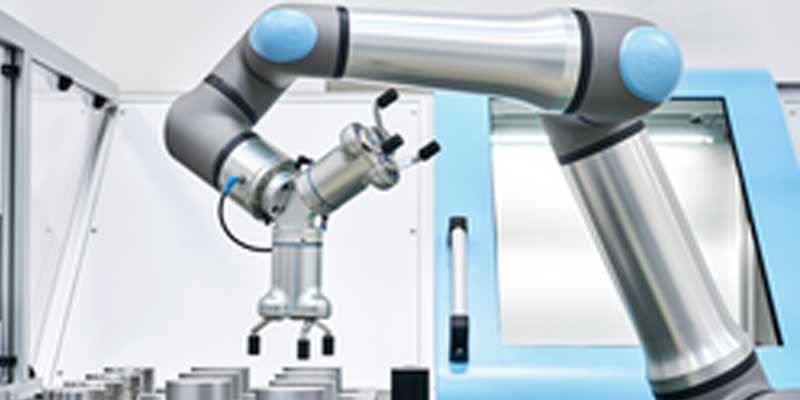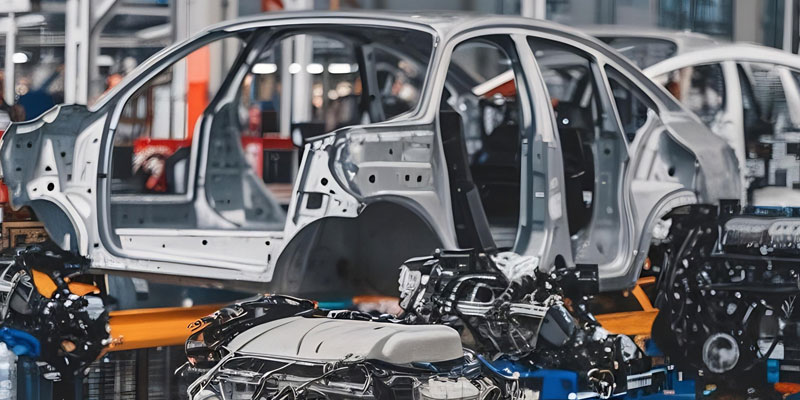Schedule a Call Back
How automation is boosting manufacturing in India
 Articles
Articles- Jan 31,24

Related Stories

HANNOVER MESSE to Host Industry Leaders on Future Tech 2025
At HANNOVER MESSE, global leaders from Siemens, Rheinmetall, Accenture and others will share insights on AI, automation, security and industrial transformation shaping the future of industry. update..
Read more
Mobec reshapes EV charging, battery reuse: Harry Bajaj
Mobec is redefining both how EV charging is delivered and how battery resources are reused, enabling a flexible and circular EV ecosystem.
Read more
MAHLE India to double business in 4–6 years: Milind Godbole
MAHLE India to double business in 4–6 years: Milind Godbole
Read moreRelated Products

Fanless Industrial Pc for Smart Manufacturing
CONTEC Launches BX-M4600 Series - Fanless Industrial PC for Smart Manufacturing.















